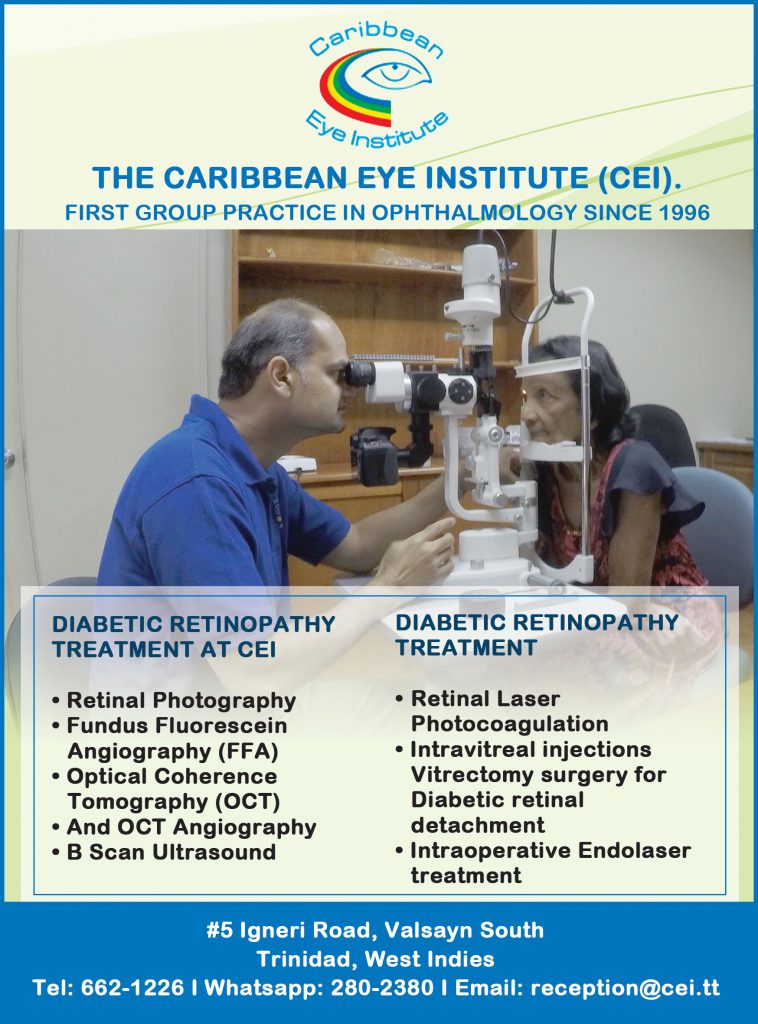The co-occurrence of depression in diabetes is attributed to a variety of factors, including the psychological and psychosocial impact of the disease, a potential common genetic susceptibility as well as microvascular brain lesions due to diabetes mellitus
The causal relationship between diabetes and depression seems to be bidirectional, although the direction depression being a risk factor for the development of DM seems to be stronger. The relative risk for developing type 2 diabetes (T2DM) in depressed patients is reported as high as 1.6 times.
Risk factors for depression in patients with diabetes include:
- female sex ● younger age ● not having a spouse ● poor social support
- lower education ● low socioeconomic status ● poor blood sugar control
- presence of diabetic complications ● presence of other medical conditions
- physical disabilities ● previous history of depression.
- Patient education is an effective tool in the management of diabetes.
- It provides the patient with the necessary knowledge to engage in self-management.
- Patients who engage actively in self-management, are more likely to have stricter glucose control, reducing the risk of diabetic eye disease (retinopathy), kidney and other complications.
- However, for education alone, to be effective, it was shown that it must be continuous as several patients defaulted to bad practices.
- One major underlying factor for poor self-care/management has been identified as the psychological impact of the disease itself. A factor that we do not always take into consideration.
- How many of us are diabetic?
- How many of us know someone who is diabetic?
- And now many of us are willing to admit that we are diabetic?
- Why is this important?
For one, the stigma of the disease is real. For many men, it’s the fear of the complications that loom before them. Furthermore, persons with diabetic retinopathy had more negative beliefs about the disease than those without. Negative beliefs are more associated with higher levels of depression and anxiety.
There is an up to 40% higher incidence of anxiety in Type 2 diabetics than the among non-diabetics. and three times higher prevalence of depression. Moreover, depression is associated with poor glycaemic (blood sugar) control and a greater progression to proliferative diabetic retinopathy. The presence of depression and anxiety in diabetics worsens the prognosis of diabetes, increases the non-compliance to the medical treatment, increases the risk of complications, decreases the quality of life and increases mortality.
Both diabetes and depression reduce the quality of life for an individual, but together they have a more negative impact. Due to the negative effects on health, the rise in complications, both diseases should be recognized in an individual and treated simultaneously, in order to reduce depression and better control the diabetes. However, depression remains under-diagnosed and untreated in diabetic patients. Increased awareness for depression in diabetes might improve the outcomes and a first step would be a simple method for screening depression to be used on regular diabetic follow-ups.
95% of diabetes management in the hands of the patient ie self-care/self-management In one study, it was shown that patients with probable major depression reported significantly fewer days adherent to diet, exercise and glucose self-monitoring regimens and 2-3 times increased chance of missing doses of medication.
In addition, Continuous depressive symptom severity scores were better predictors of nonadherence to diet, exercise, and medications than categorically defined probable major depression. Major depression was a better predictor of glucose monitoring.
The recognition and treatment of anxiety and depression that may co-exist with diabetes is a critical to the proper care of the diabetic patient and ultimately leads to better compliance, control of diabetes and reduction in it’s complications.

